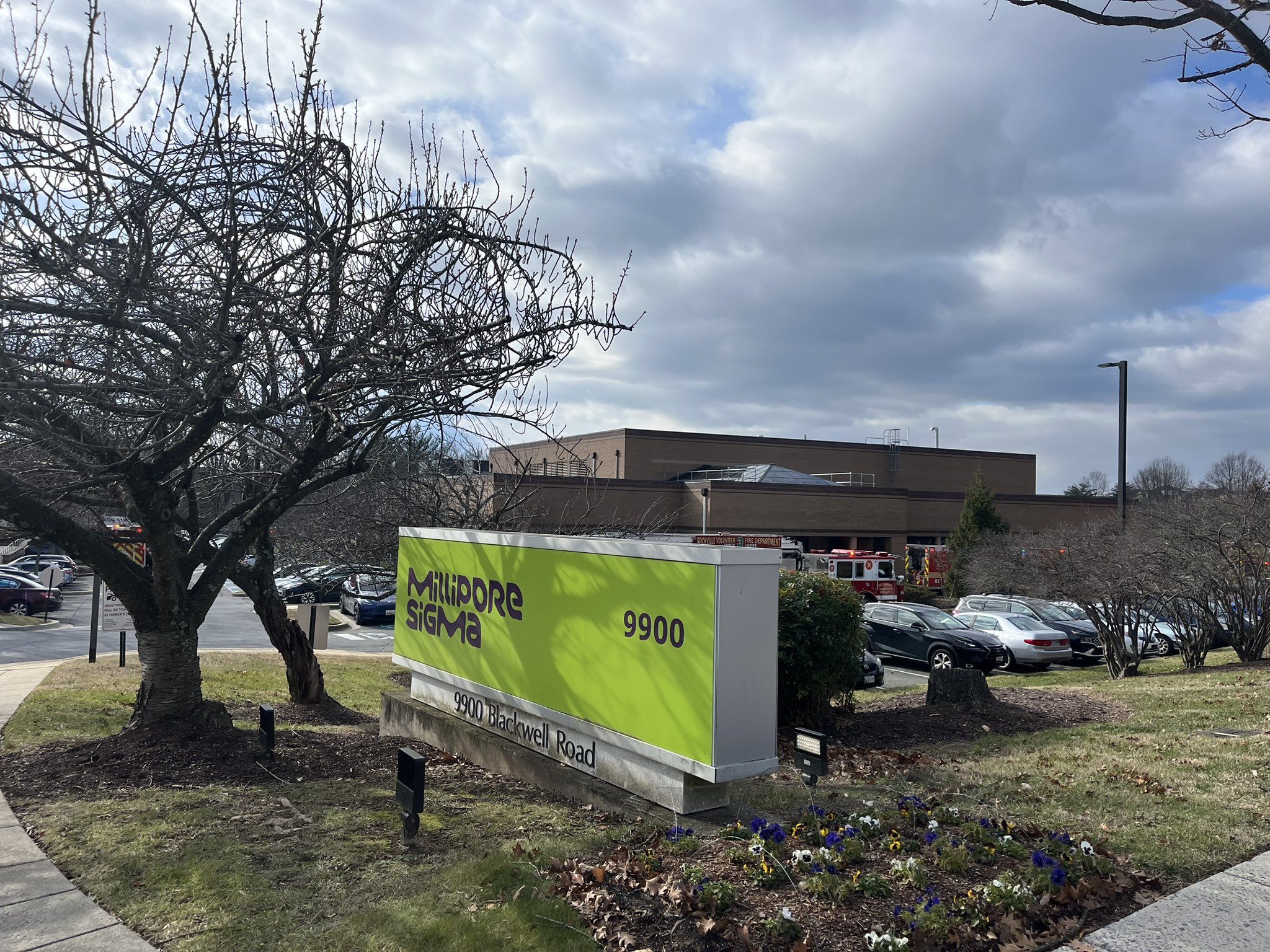Metro's general manager will propose permanently closing the rail system earlier every night to allow more time for Metro repairs, but business leaders and the Washington Nationals are concerned the plan will have negative consequences.
General Manager Paul Wiedefeld will ask the Metro board to approve his proposal to stop running trains at 10 p.m. on Sundays and at midnight on all other nights.
"The additional track time increases safety and reliability by giving workers the time and space they need to keep Metro's infrastructure in a state of good repair," the statement said.
Prior to the start of the SafeTrack repair program, the rail system was open until 3 a.m. Friday and Saturday nights, and until midnight all other nights. Since SafeTrack repairs began in June, the system has closed at midnight every night to allow crews more time to work on the tracks. Those closing times were expected to be temporary.
If Wiedefeld's proposal is approved, the system will operate 127 of 168 hours every week, as compared to the 135 hours it operated prior to SafeTrack, the statement said.
Wiedefeld will propose the plan Thursday at a board meeting. The public will have the opportunity to comment this fall, before the Metro board votes, the statement said.
Some business professionals and residents are already worried about the impact the plan could have for employees, consumers and sales.
Local
Washington, D.C., Maryland and Virginia local news, events and information
"Any permanent change that would negatively impact the ability of our fans to get to and from Nationals Park is very concerning," a Nationals spokesperson said in a statement.
The spokesperson also said that approving the plan "would move our city in the wrong direction."
An employee of a downtown restaurant and bar said he is concerned about what the plan could mean for area businesses.
"I think it would hurt a lot of great businesses in the D.C. area," said Sean Anthony, an employee at Bar Louie, which is open near the Verizon Center until 2 a.m.
Metro commuters are also worried the early closure time would force them to use ride-hailing services, such as Uber and Lyft, more often.
Representatives from the the local hotel and restaurant associations also voiced concern that closing the rails earlier could severely impact those who depend on Metro's usual late-night service.
Kathy E. Hollinger, the President and CEO of the Restaurant Association Metropolitan Washington, said some area eateries have already seen up to a 20 percent drop in sales since the start of SafeTrack.
"The restaurant community is concerned that permanently limiting the hours of operation will negatively impact guests, as well as hardworking staff, who tend to commute to and from work at non-typical hours," Hollinger said in a statement.
Solomon Keene, the President and CEO of the Hotel Association of Washington, D.C., said it is important that the public was notified of this plan early so hotels can begin to plan alternative transportation options for staff members and guests.
"The proposed schedule changes would significantly impact our members' operations, employee travel and guest travel," Keene said in a statement.
All three representatives noted their support for Metro safety and the safety of their guests and employees above all else.



